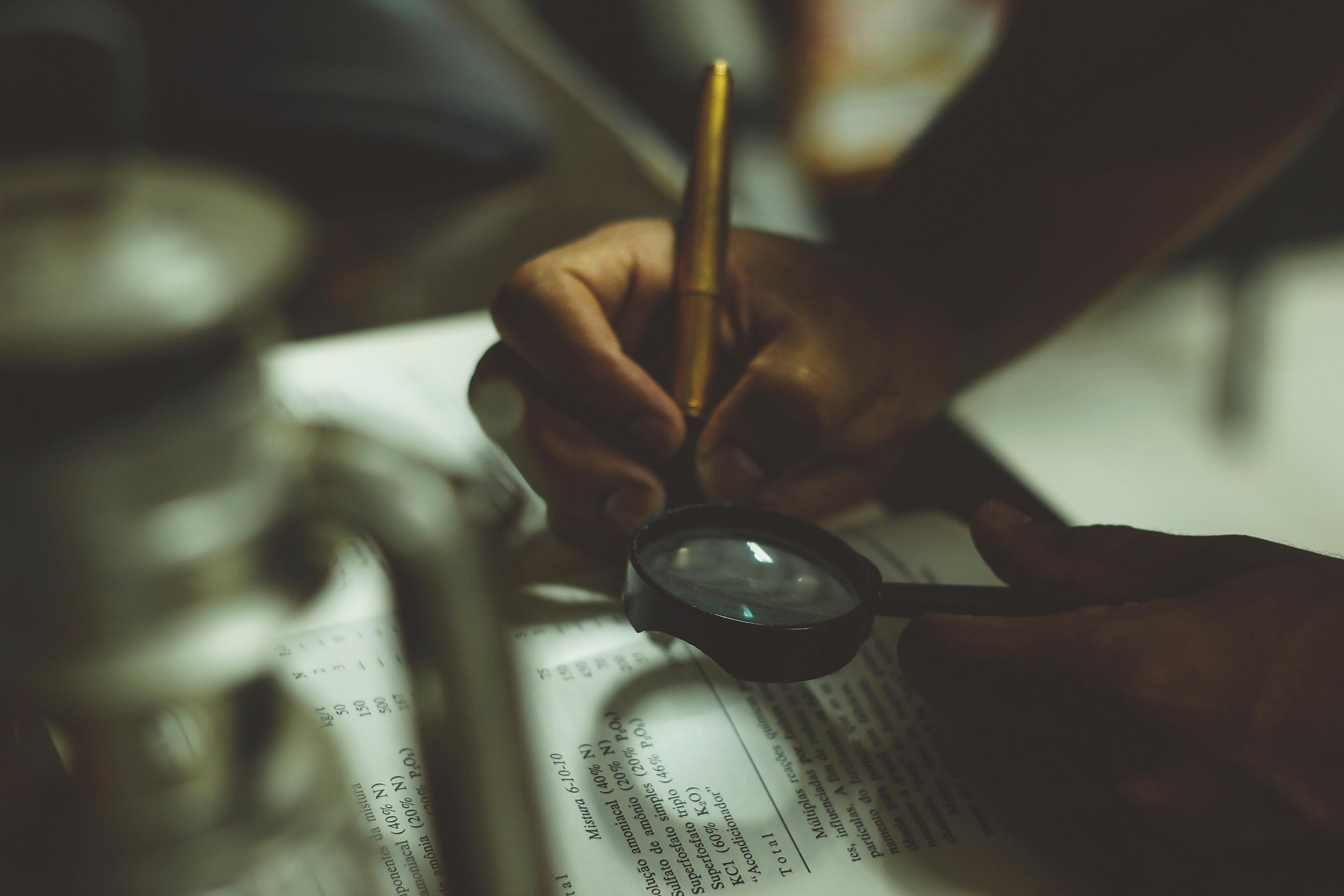“Ninety-five percent of torture today is not for political prisoners; it is for people who are in broken-down legal systems,” says Karen Tse, founder of International Bridges to Justice.
A former public defender, Karen Tse developed an interest in the intersection of criminal law and human rights after observing Southeast Asian refugees held in a local prison without trial, often tortured to obtain “confessions.” In 1994, she moved to Cambodia to train the country’s first core group of public defenders. Under the auspices of the UN, she trained judges and prosecutors, and established the first arraignment court in Cambodia.
In 2000, Tse founded International Bridges to Justice to help create systemic change in criminal justice and promote basic rights of legal representation for defendants on the ground. Her foundation complements the work of witness groups, who do the equally vital work of advocacy, reports, photographs. Tse’s group helps governments build new systems that respect individual rights. In IBJ’s first years, she negotiated groundbreaking measures in judicial reform with the Chinese, Vietnamese and Cambodian governments. It now works in sixteen countries, including Rwanda, Burundi and India.
She says: “I believe it is possible to end torture in my lifetime.”
You can connect with IBJ via their Facebook page.
TED Talks are licensed under: Creative Commons license Attribution – NonCommercial – NonDerivative (BY-NC-ND)

